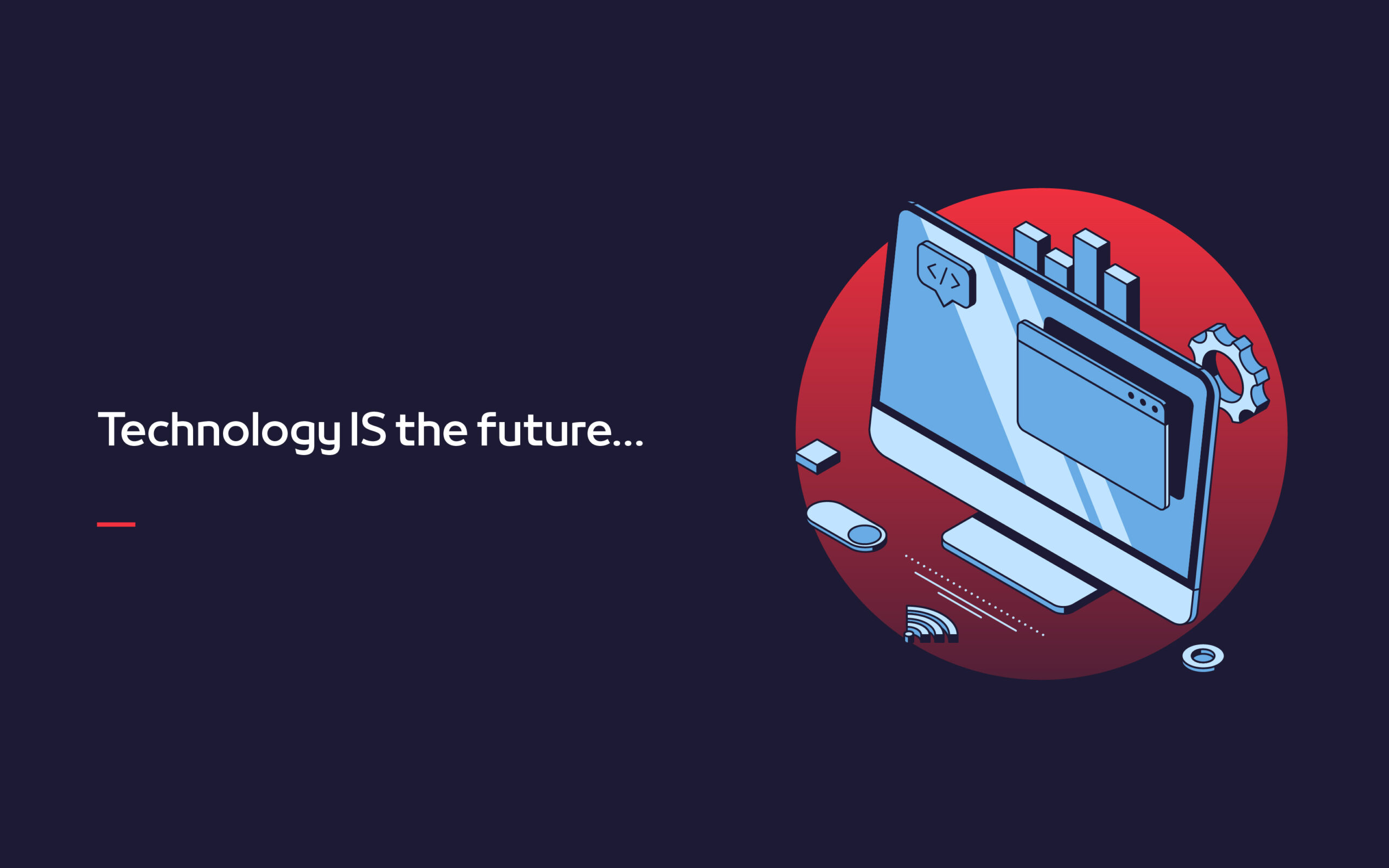
Technology IS the future
The global economy is undergoing unprecedented technological change. The pace of this whirlwind is accelerating and will continue to do so. This is thanks to the growing impact and popularity of transformative landmark technologies such as generative artificial intelligence (AI) and quantum computing which will dramatically boost our ability to process and analyze data.
This wave of change is disrupting all sectors. It is hence no longer realistic or appropriate to think of technology as something that stands alone under the ICT sector banner. Technology will be at the heart of redrawing the future of Bahrain’s leading non-oil sectors. FinTech is profoundly reshaping financial services where the standard customer experience is completely digital and where AI, in combination with open banking, is paving the way for ever more personalized customer relationships. Manufacturing is disrupted by increasingly efficient automation as entire value chains are digitalized and integrated in new ways. Government service provision has been changing for years thanks to the vision of the eGovernment & Information Authority. If anything, the process took another major leap forward during the COVID-19 pandemic which forced people to develop digital alternatives to traditional service delivery. Many of these changes endure having fundamentally reshaped attitudes and behaviors. Of course, similar disruptions will sweep across the rest of the sector spectrum as well.
Much debate and discussion these days revolves around the future of jobs in an ever more technologically powered world. Much of the alarmism about job losses is likely misplaced if history is any guide; more productive economies engender more wealth and create new kinds of opportunities. However, it is virtually certain that technology will reshape job descriptions and the experience of working for virtually everyone. As a result, those hoping to compete with success in tomorrow’s world will have to be comfortable with and adept at using technology.
A competitive workforce in the years and decades ahead will be above all tech savvy, regardless of the sector people wish to work in. Because of this, people’s career paths are likely to become less tied to individual sectors as many competencies are of far broader applicability. People equipped with technological skills will maximize their opportunities for economic participation, whether as employees in technologically powered businesses and organizations or as individuals or entrepreneurs connecting digitally with a potentially global clientele. Not only will technological skills, know-how, and experience open more doors, but they will also allow tomorrow’s workforce to swim with confidence in the choppy waters of continuous change. Familiarity with the critical digital infrastructure will equip people to better deal with the uncertainties and disruptions that continuous technological innovation brings.
These trends will have enduring implications for the way people should think about their education and careers. The traditional ‘preferred’ career choices of students – and often no less the attitudes and expectation of their parents or guardians – have tended to revolve around sectors such as finance, law, and healthcare. Typical ‘ideal’ professions have included options such as physician, engineer, banker, accountant, and lawyer. While these sectors and job categories will continue to exist also in the future, they will all be more or less profoundly reshaped by technology, which will also change their relationships with other job categories. Many of the tasks undertaken by skilled professionals will be taken over by technology. Not only will this reshape virtually everyone’s work experience, but it will also mean that all sectors will have a growing demand for different kinds of experts in technology.
There is no such thing as total certainty in life, but the wave of change of reshaping the world today means that investing in technological skills is probably close to being the safest bet that current students – or even many professionals – can make. This will have several implications. Firstly, the value of formal technology-related qualifications is increasing. Secondly, whatever one’s focus of study, the ability to benefit from elements of technology incorporated in virtually any curriculum of study is becoming increasingly important for competitiveness and success. Thirdly, since technology is a very dynamic field, the process of learning itself is being increasingly disrupted. It is sometimes said that by the time IT students graduate, half of what they learnt at university will be out of date. Such realities mean that the value of ongoing learning and skill development is growing in importance, quite possibly to a point where it will one day trump traditional formal educational qualifications.
Embracing technology as a career choice entails a significant shift in popular attitudes and assumptions, not least with respect to the traditional “preferred options.” And while old habits die hard, it is difficult to dispute the direction of travel. But major though it may be, this expected shift in traditional assumptions is not unprecedented. Recent decades have seen more and more young people opt for private sector careers or entrepreneurship in preference for the one-time ideal of secure government jobs. Despite the multiple disruptions it inevitably entails, the current shift opens up exciting opportunities for people to be part of the wave of change reshaping modern economies.

